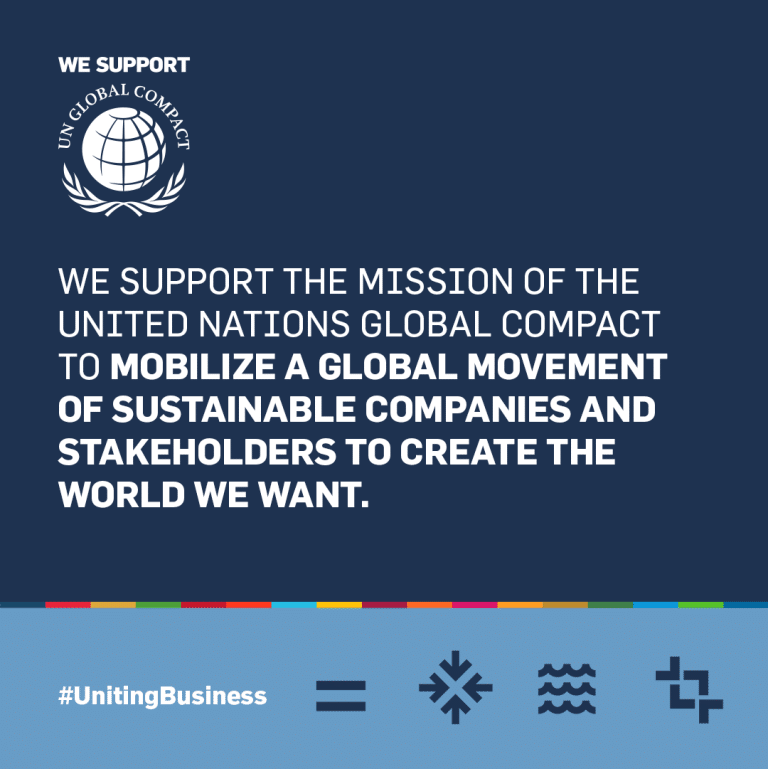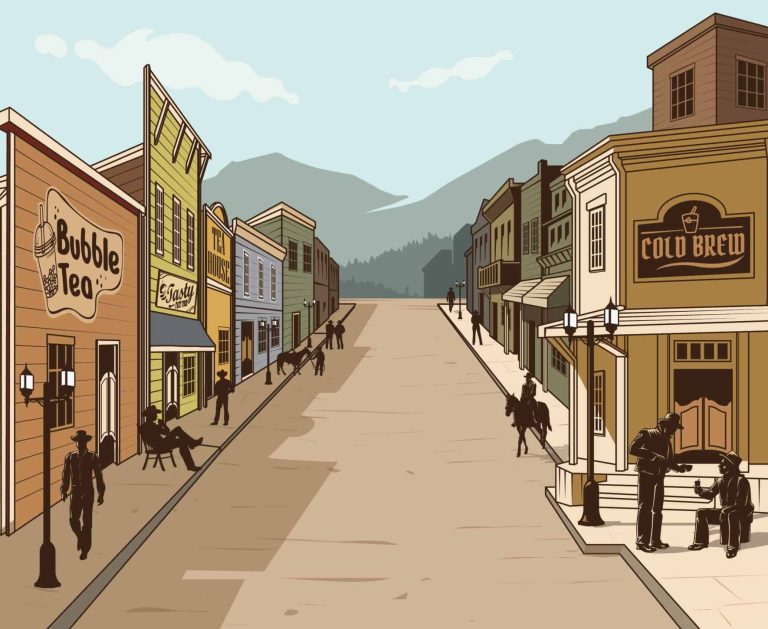Each day, we consume around 2.5 billion cups of coffee and the positive impact that the economics of coffee has had can be evidenced by walking down the high street of any major town or city throughout the world. Just as the way the first and second industrial revolutions permanently changed the nature of global industrialisation, there have been similar revolutions within the history of coffee that have forever altered the global coffee industry. Within the coffee world we refer to these revolutions as “waves”.
First wave – commercialisation
Arguably the most important wave occurred in the 1800s when global commercialisation commoditised coffee and consumption started to grow
exponentially. Key innovations in this period were instant coffee and vacuum packaging.
Second wave – socialising with coffee
The 1970s when Starbucks started to transform and create a culture around “socialising with a coffee”. Think coffee on the high street and barista-made drinks.
Third wave – speciality coffee
A reaction to bad coffee and a step towards better coffee. The 2000s were the start of the specialty coffee industry where brands started to focus on origins, processing methods and varietals.
Fourth wave – from an art to a science
From 2010, coffee production and brewing turn from an art into a science. Aficionados craved knowledge of the roasting process, extraction and even water quality as they sought to deliver the best possible cup.
Fifth wave – the business of coffee
Today, coffee excellence and technology are used to turn something many consider a craft industry, into a highly profitable one, relying on a well-oiled supply chain.
What could be the sixth wave?
So, what next? The answer lies in connectivity. Connectivity from the consumer back to the farmer, through the manufacturer. A connected supply chain enables us to create understanding, it allows the consumer to ask questions of the farmer and the farmer to ask questions of the consumer. Connectivity will enable consumers to truly understand the supply chain of the products that they enjoy and will enable manufacturers to personalise the products they produce, and this will be the first step towards a truly sustainable supply chain.





